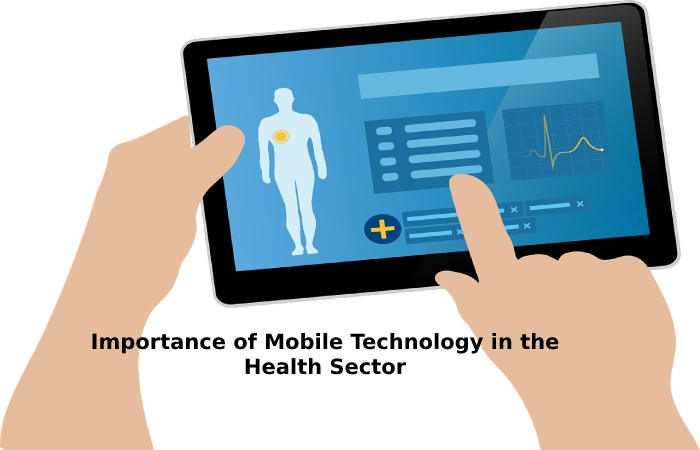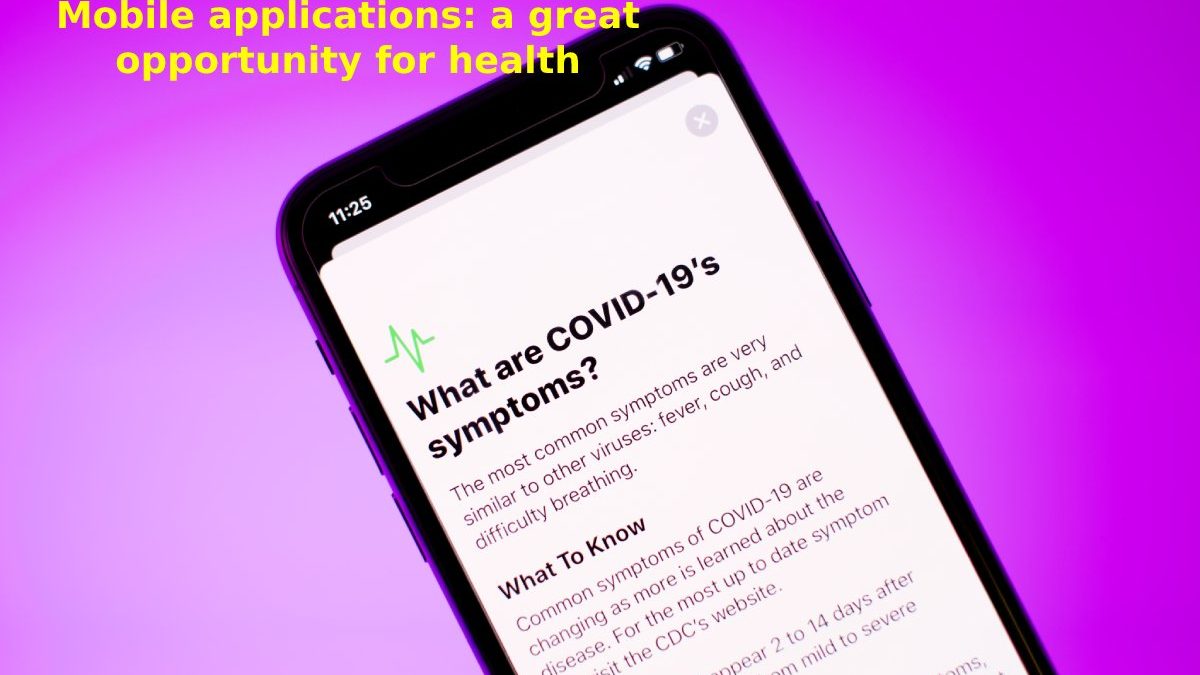Mobile applications, also called apps, are computer programs designed to offer services on all mobile devices. It makes it easy to perform certain functions quickly and access information optimized for reading on screens of a different dimension
The Health app collects health data from your iPhone, Apple Watch, and the apps you use to see your progress in one place. For example, the Health app automatically counts the steps you take and the distance you travel when you walk and run.
Table of Contents
What are the Needs of Mobile Applications in the Health Sector?
Most of them focus on physical well-being and nutrition, although there are also information consultation, communication, instant messaging, constant monitoring and control, and registration of chronic diseases.
Importance of Mobile Technology in the Health Sector

Mobile applications with them, patients can manage their health and well-being more efficiently and immediately. The apps tend their checkups, giving them secure access to their results and other general medical information.
How Many Health Apps are There?
There are 97,000 medical applications on all mobile platforms, of which 30% are aimed at patients and professionals and the remaining 70% at the general public.
Benefit of Applications in the Health Sector
Mobile health applications allow clinical professionals to access the patient’s clinical history from anywhere, improving the quality and continuity of patient care greater efficiency and productivity.
What is Application in Health?
Disease management: apps for access to health information and resources, drug control and therapeutic adherence, monitoring of symptoms, recording of medical parameters, glucose levels, etc., and also instructions for carrying out different tasks or self-care.
Types and Utilities of Mobile Health Applications
The types and utilities of mobile health applications are very varied. According to the latest report from the IMS Health Institute, 65% of the available applications are aimed at wellness, diet, and exercise, while the rest focus on specific pathologies and treatment management, especially disease management Chronicles.
Of the latter, we could, in turn, differentiate different utilities
- Specific diseases, including those dedicated to Mental Health, diabetes, heart and also circulatory system, musculoskeletal system, and nervous system, stand out.
- Pregnancy and maternal and child health.
- Medication information and reminders.
- Health services and also insurance companies.
- Other uses.
Depending on who the apps are aimed at, we can find different types
Professional Uses
Search and Access to Information
Apps dedicated to classifying scientific literature, professional manuals, e-learning platforms, and also clinical simulation applications.
Professional Support Tools
Include medical calculators, drug databases, clinical practice guidelines, decision support systems, etc. Apps Associated with Peripherals and Converted into Medical Devices
Some accessories allow biological variables to be determine or complementary tests to be carried out. You can turn a phone or tablet into a blood pressure monitor, pulse oximeter, electrocardiograph, glucometer, ophthalmoscope, otoscope, etc.
Communication with Other Professionals
Applications for access to email, social networks, instant messaging, chat and also videoconference, resolution of clinical cases, etc.
Content Production
Cloud storage services, collaborative work, note creation, video editing, blog editing, etc.
Uses for the Citizen
Diet
Apps to keep track of nutrient intake or weight registration. They also show visual information on health data and statistics.
Information and Health Advice
Therefore some applications offer content in different formats, with advice and help for various pathologies.
Disease Management
Apps for access to health information and resources, drug control and therapeutic adherence, monitoring of symptoms, recording of medical parameters, glucose levels, etc., also providing instructions for carrying out different tasks or self-care.
Health Quantification
Physical activity data record. They are frequently use for sports training, measuring the distance traveled, speed, calories consume, etc. Others monitor parameters related to sleep quality or stress level.
Communication
Some applications allow communication with other users and professionals through social networks and also messaging.
Access to personal data and also clinical information some institutions already offer applications for access to the patient’s health folder or the registration of appointments with their professional.
What is the Importance of Technology in Health?
The most significant impact of technologies on health has undoubtedly been improving treatments, machines, and also improvements in medicines. Advances in technology help make life easier for patients, help detect any disease earlier and find cures faster.
Conclusion
Health apps are application programs that offer health-related services for smartphones and tablet PCs. Because they’re accessible to patients both at home and on the go, health apps are a part of the movement towards mobile health (mHealth) programs in health care.
Also Read: Ayurveda Treatment for Back Pain

